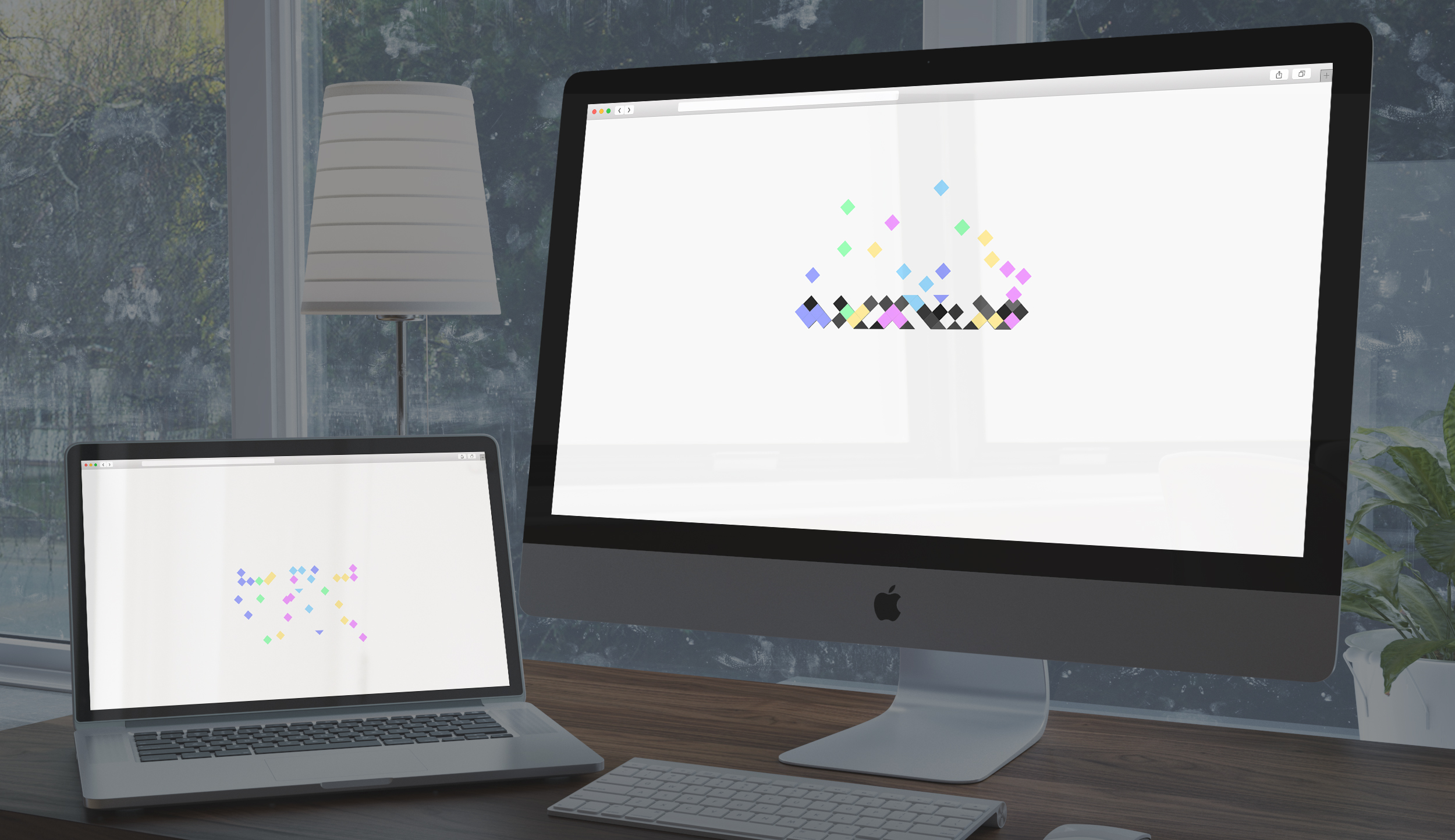The Increasing Complexity Of Online Marketing
Internet marketing has always been multifaceted and site-specific. However, it is becoming ever more complicated over time. This is partly because the search engines have cracked down on some methods of doing things; it is also a result of the rise of social media. The shift towards using mobile devices has worked in the same way.
These trends have received a lot of attention and skilled consultants are sometimes able to adapt without too much difficulty. One sector of activity which is also changing rapidly is pay per click. Changes in paid search are not always explored as much as they deserve.
Those involved in internet marketing might be comforted by the fact that some of the changes affecting paid search are not yet impacting on UK campaigns at all. However, aspects currently happening in America should not be ignored as there is every chance that they will be implemented on this side of the Atlantic before too long. A call tracking device has been launched in the United States by Google in connection with a branch of AdWords and it would not be surprising if this innovation was eventually introduced in Britain.
The move towards mobile devices
Many articles have been written about the influence of mobile device use on conventional SEO. However, the increasing number of smartphones and tablets has implications for paid search campaigns too. One expert commentator has suggested that the proportion of clicks done via mobile devices may be in excess of 20 per cent in 2013. Many people would agree that mobile device clicks are going to be on the increase, even if they do not feel happy making precise predictions. Smartphones can be targeted separately in the course of a campaign. The landing pages which users come onto have to be prepared properly so that mobile users are catered for adequately.
Differences between desktop and tablet behavior
There is not so much of a difference between paid search for the tablet and paid search for the desktop as might be expected. Certainly, paid search for mobile is more distinctive than paid search for tablets. This limits what has to be done. However, the typical timing of tablet use is seen by one expert as being dissimilar to average desktop use. They suggest that tablets are used most often at weekends and after work during the week. People using a tablet could sometimes have a different mindset to those using a desktop. It might be the case that tablets will eventually need their own approach.
What is to be done?
There is no single list of things that will have to be done across the board. With paid search, there is always the need to balance campaign focus with manageability. Nonetheless, budgets, bidding tactics, keywords and advertising copy might all need to be made device-specific to maximise results. Things might be becoming more complex, but the more agile and sophisticated campaigns should gain from this development.

